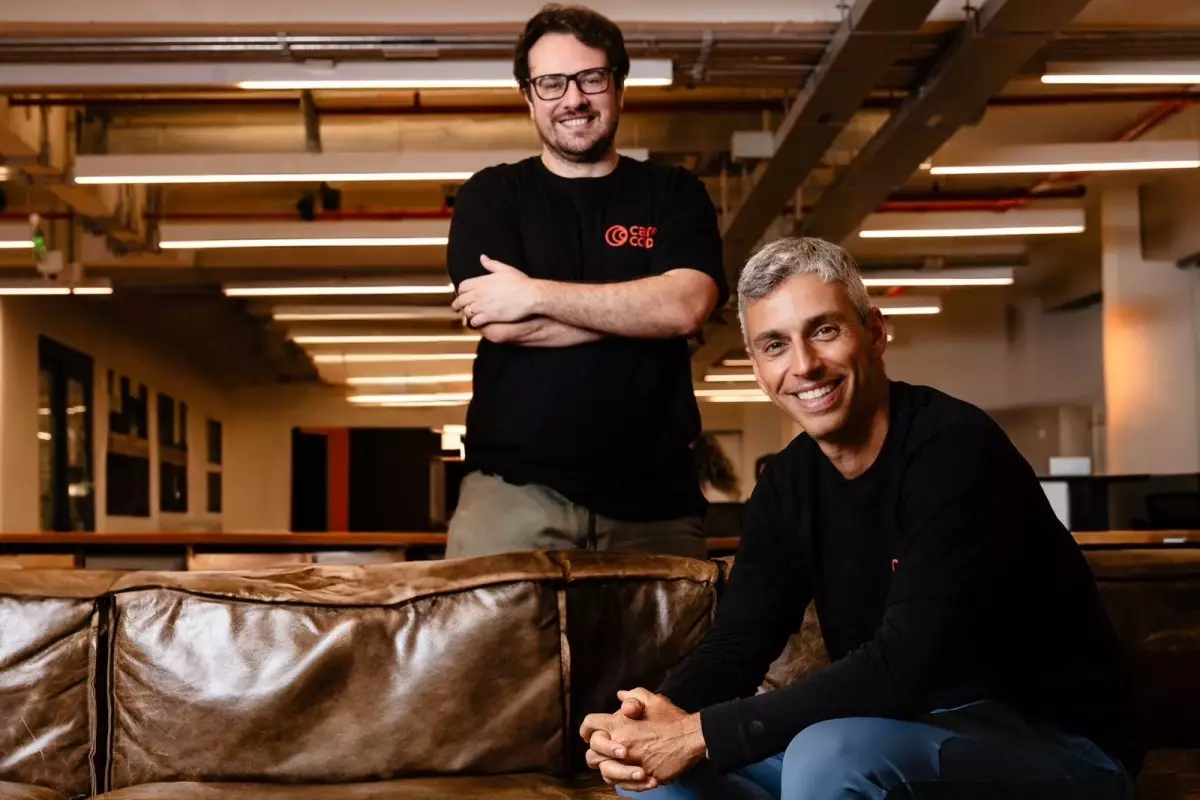As technology continues to evolve, artificial intelligence (AI) is emerging as a transformative force in healthcare, promising to enhance patient experiences beyond the treatment room. While traditionally associated with clinical decision-making and diagnostics, AI’s potential extends to various administrative tasks which, when managed effectively, can lead to improved healthcare outcomes. One prominent example of this evolving landscape is the Brazilian startup Carecode, which aims to leverage machine learning to streamline interactions surrounding medical appointments.
Carecode has emerged from stealth mode with a clear objective: alleviate the burdensome costs associated with healthcare support tasks by developing AI-driven agents to handle pre- and post-appointment interactions. Oftentimes overshadowed by the clinical encounter itself, the management of these administrative assets plays a crucial role in creating a cohesive patient journey. CEO Thomaz Srougi emphasizes that moments surrounding medical appointments are as paramount as the appointments themselves, a perspective stemming from his decade-long experience in the healthcare sector. Srougi’s background, particularly his role in establishing Dr. Consulta, a well-regarded private medical service provider, informs his insights on the potential for AI to streamline healthcare administration.
Financial backing remains a critical element for startups like Carecode as they navigate the competitive landscape. Their $4.3 million pre-seed funding round, led by esteemed venture capital firms such as a16z and QED, suggests that there is still appetite for innovation within Latin America’s venture capital scene, even amid a challenging “startup winter.” This backing demonstrates a trust in the proven track records of founders like Srougi and co-founder Pedro Magalhães, who brings a wealth of experience as a former CTO in the tech sector. The presence of influential figures like Nubank founder David Vélez among the investors highlights the significance of established networks in securing necessary capital infusion for early-stage startups.
What sets Carecode apart from U.S. counterparts, like Sierra, is its approach to vertical integration within the healthcare sector. This specialization allows Carecode to tailor its AI solutions to the nuanced demands of the healthcare industry, eliminating the inefficiencies typically seen with horizontal models that require multiple solutions to address a single challenge. Camila Vieira Fernandes, a partner at QED, notes that the startup’s focused approach minimizes fragmented customer experiences, thereby optimizing overall service. The extensive reliance on contact center functions and administrative roles underscores the potential for Carecode’s solution to significantly reduce operational costs for healthcare providers in Brazil, where an estimated $100 billion is spent annually on such services.
A notable aspect of Carecode’s implementation strategy lies in its focus on localization and user accessibility. Recognizing that many Brazilians, particularly the older demographic and low-income individuals, often prefer using WhatsApp for communication, the startup has integrated this platform into its service offerings. Srougi revealed that Carecode supports both text and voice messages, aiming to create an inclusive environment that caters to varied preferences. Plans to incorporate voice calling into their services further highlight the commitment to making healthcare interactions as seamless as possible, aligning technological advancements with user behavior.
While Carecode is currently zeroing in on healthcare administrative tasks, the startup envisions a broader potential that could evolve into a multifaceted healthcare enterprise. By creating a strong foothold in the healthcare sector, Carecode may later venture into related fields such as insurance and payment processing, creating a comprehensive ecosystem supportive of various healthcare dimensions. The ability to diversify its offerings while retaining a focus on healthcare presents a strategic opportunity for Carecode to distinguish itself within the competitive landscape.
As innovations like Carecode continue to emerge, they illustrate the immense potential of AI to not only innovate healthcare delivery but also to optimize the administrative machinery that supports it. By focusing on the often-overlooked elements surrounding patient interactions and employing strategies grounded in localization and vertical integration, Carecode is poised to make significant strides in reducing costs and improving healthcare outcomes in Brazil. This shift hints at a future where the intersection of technology and healthcare leads to enhanced accessibility and efficiency, ultimately benefiting patients and providers alike.

